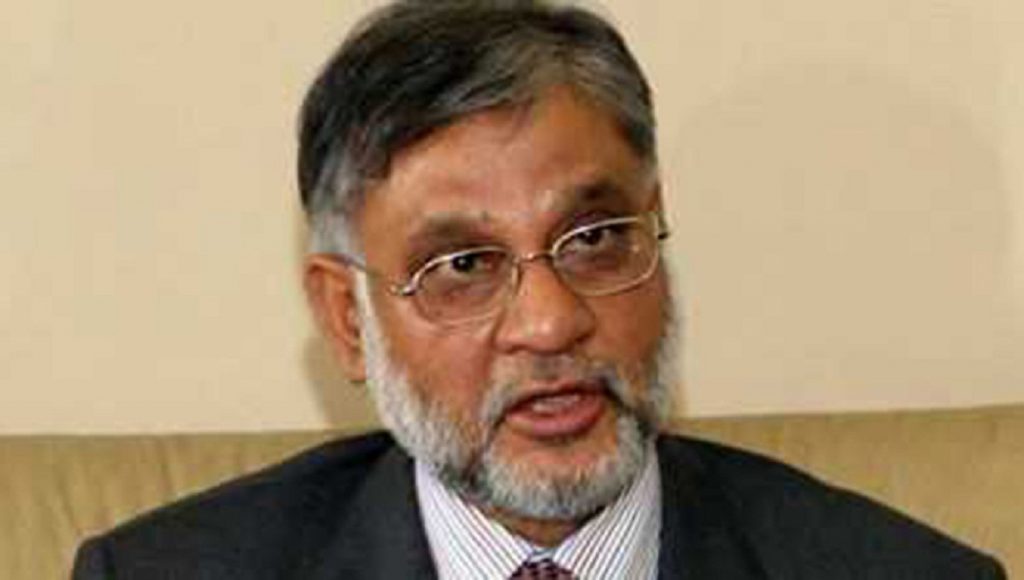Dhaka, Feb 15 (UNB) – Barrister Abdur Razzaq resigned from Bangladesh Jamaat-e-Islami on Friday as he said the party failed to apologise for its anti-liberation war role in 1971 and reform the organistion based on reality.
The Jamaat assistant secretary general sent his resignation letter from the UK to Jamaat Ameer Maqbul Ahmed in the morning.
In his resignation letter, signed by his personal assistant Kausar Hamid, cited two reasons behind his resignation from the Islamic party.
He said Jamaat did not apologise to people for its anti-liberation war role in 1971 and the party could not reform itself in light of reality of the 21st century considering the political change in other Muslim majority countries.
“I tender my resignation from Bangladesh Jamaat-e-Islami with immediate effect,” Razzaq, who joined the party in 1986, said in his resignation letter.
Mentioning that he defended the top Jamaat leaders accused in war crime cases with his best ability, the lawyer said though Jamaat wholeheartedly embraced the independence of Bangladesh, the party’s role in opposing the historic struggle for liberation in 1971 casts a deep dark shadow over all of its achievements and contributions.
“For these reasons, I’ve always believed and continue to believe that an apology by Jamaat to the nation is not only a moral imperative but also necessary to absolve its post-1971 generation of the stigma,” Razzaq observed.
In 1971, he said, their predecessors had opposed the independence of Bangladesh and failed to publicly protest the atrocities committed by the Pakistan Army.” In the 47 years since independence, successive party leaderships have failed to apologise for the party’s role in 1971 or even to explain the party’s position on the struggle for independence. Now, more than ever, Jamaat needs to clarify its 1971 stance.”
Razzaq said over the last two decades he had been trying relentlessly to persuade Jamaat to have a frank discussion on the events of 1971, Jamaat’s role in those events and why it decided to support Pakistan and apologise for that decision. “Finally, in January 2019, I advised the leadership of the necessity of taking responsibility for its predecessors’ role in 1971. In the absence of any better or viable alternative, I also advised to dissolve Jamaat. But, all my efforts have been unsuccessful. My decades of advice had fallen on deaf ears.”
The lawyer also said Jamaat’s failure to address the 1971 issue and apologise has resulted in a stigma being attached to those who were not involved in the decision. This continued failure of Jamaat has given further ground for it to be seen as an anti-independence party. The result is dissociation from people, politics and the country.”
After joining Jamaat, he said one of his objectives was to reform it from within and he was continuously striving to achieve that for the last 30 years. “I was for structural reform, and full and effective participation of women. I made my points verbally and in writing. My reformist views are well known within the party.”
“And finally, I appealed for bringing fundamental changes to Jamaat’s objects, plans and programmes in view of the change in world politics, and particularly, the upheavals in Muslim countries. As usual, there has been no response.”
Razzaq said he wishes to concentrate on his profession from now on and hopes to have the opportunity of contributing towards a prosperous Bangladesh.
A Jamaat assistant secretary general, wishing anonymity, said their Ameer got Razzaq’s resignation letter on Friday morning.
Amid the conviction of Jamaat leaders in war crime cases, Razzaq left the country for the UK on December 17, 2013 and has been staying there since then.




